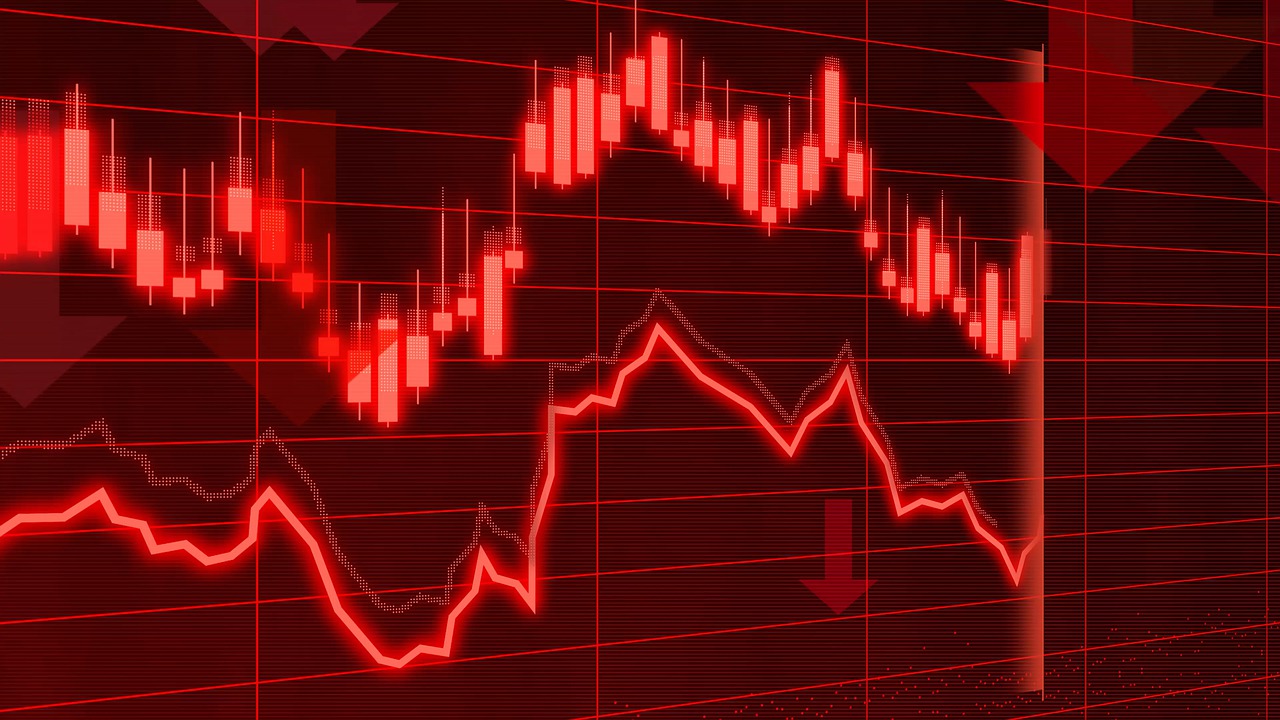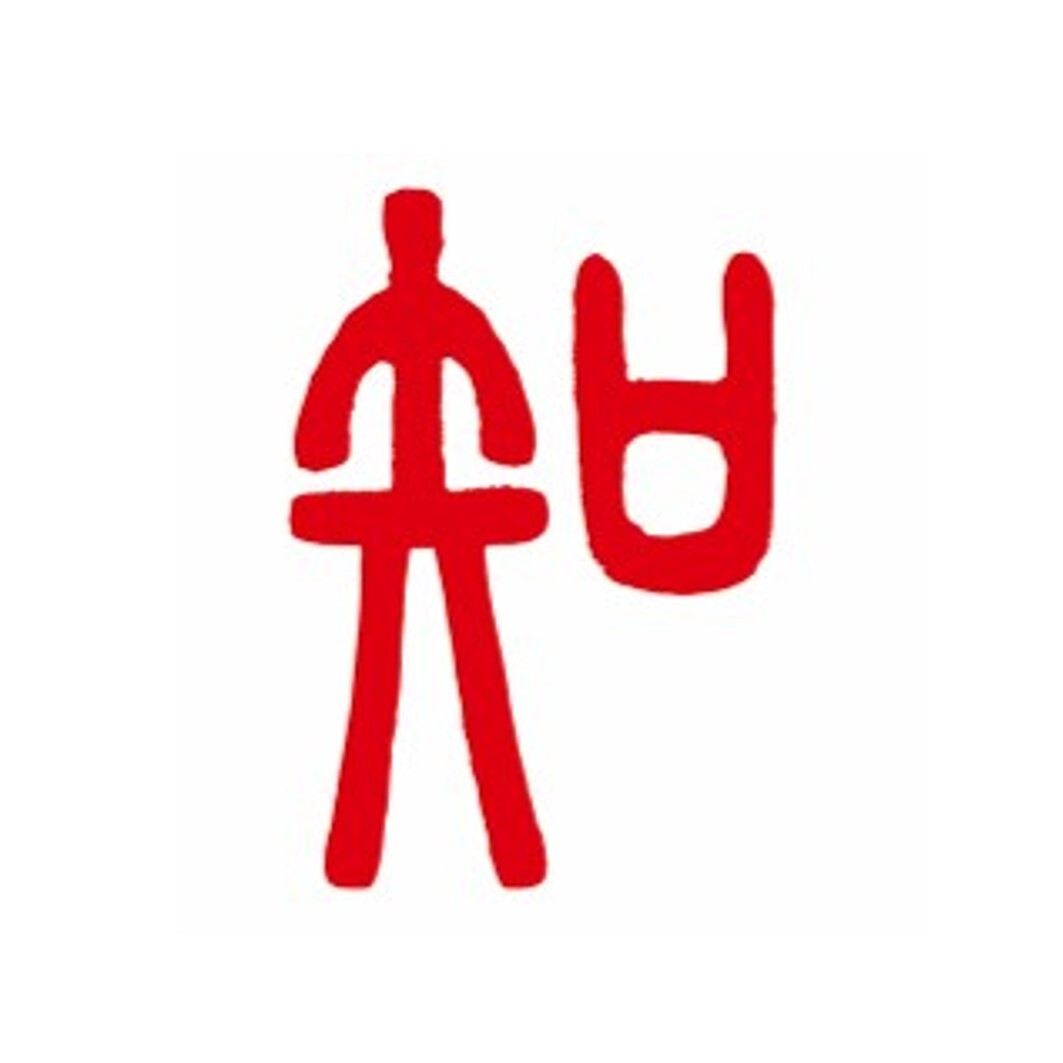[Vietnam] Difference in consumer confidence between the 1st / 2nd / 3rd wave of COVID-19, Vietnam with many younger generations has hopes for the future
- Release date: Mar 11, 2021
- 1788 Views

In terms of annual comparisons, the lowest macroeconomic sentiment was 81.56 in May 2020, household sentiment was 84.09 in August, and personal sentiment was 65.59 in December. In other words, macroeconomic sentiment was most affected by the first wave, global sentiment by the second wave, and personal sentiment by the third wave.
Next, we made a year-on-year comparison as of December 2020. Macro business confidence has risen from 101.04 in 2019 to 100.83 in 2020, a value that is almost unchanged. Household business sentiment has narrowed from 95.48 to 92.33, also narrowing the gap. On the other hand, personal business confidence dropped from 92.88 to 65.59, a phenomenon that is widening the gap between the two.
Since these indicators are considered to be "sluggish" when they fall below 95 points, it is safe to say that macro and household business sentiment have already picked up and are showing signs of improvement, but personal business sentiment remains cautious.
A city-by-city analysis of personal business sentiment in December 2020 shows that Hanoi and Ho Chi Minh City are at 71.41 and 59.45, respectively, with the lowest figures in Ho Chi Minh City, which was the scene of the third wave of cases after the first citywide outbreak in three months was confirmed at the end of November.
When analyzed by age group, the figures were 83.18 for the 18-29 age group and 43.48 for the 30+ age group, a difference of nearly double. It is clear that the older the age group, the worse they feel about the business climate. If this is a global trend, it can be said that younger countries are more positive about the future. Vietnam may have an advantage in the global economy in the future.
Source: ACCESS, a monthly magazine (January 2021 issue)
Translated with AI Translator
-

Author profile
(Mr.) Masami Negishi
He is the Managing Director of INTAGE VN. After taking charge of overseas research at INTAGE Japan, he was engaged in supporting INTAGE INDIA. After that, he was transferred to INTAGE VN, where he has been since November 2015. He has given many lectures and conference papers, and holds an MBA. For more information on the report, search "VIEVIEW" on the web service slideShare.
For other columns by Vietnamese expatriates click here -

Editor profile
Intage Inc.
 Global Market Surfer
Global Market Surfer CLP
CLP